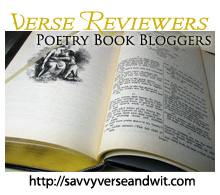
Remember, this is just for fun and is not meant to be stressful.
Keep in mind what Molly Peacock’s book suggested.
Look at a line, a stanza, sentences, and images; describe what you like or don’t like; and offer an opinion. If you missed my review of her book, check it out here.
This poem is from Emily Dickinson:
(260) I'm Nobody! Who Are You? Are you – Nobody – too? Then there’s a pair of us! Don’t tell! they’d advertise – you know! How dreary – to be – Somebody! How public – like a Frog – To tell one’s name – the livelong June – To an admiring Bog!
What do you think?



